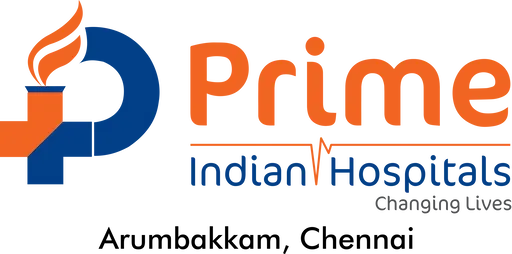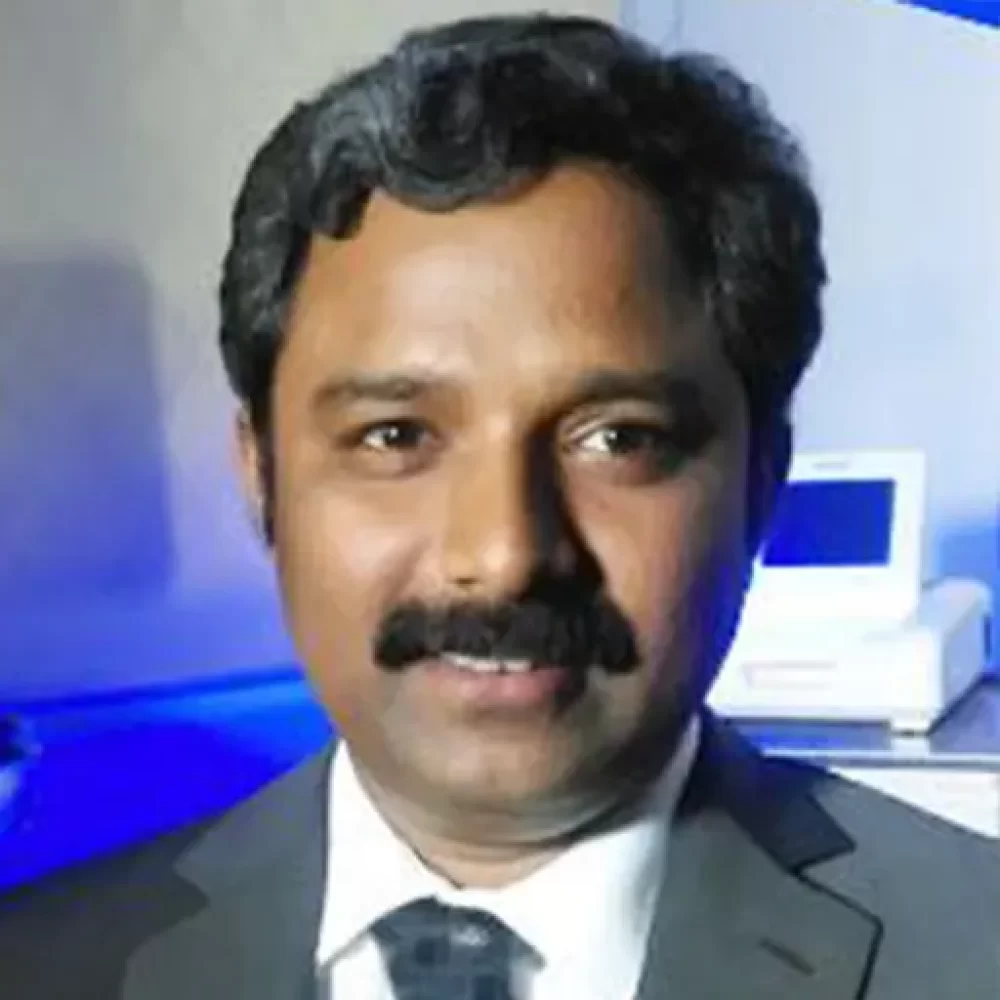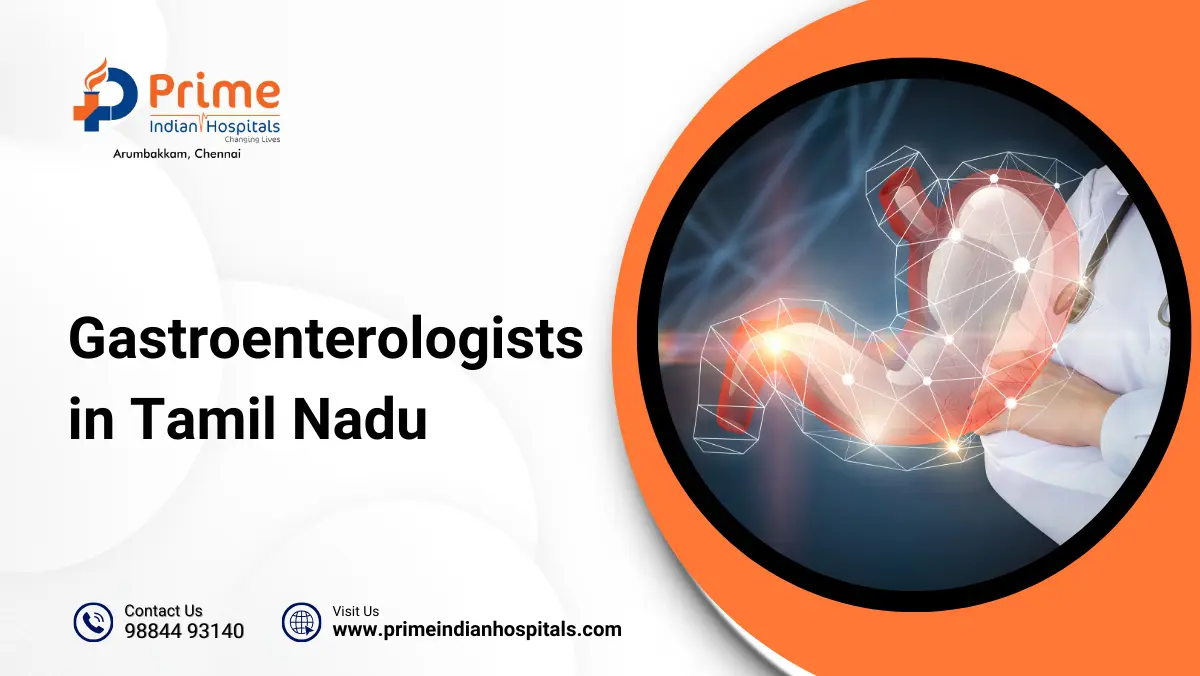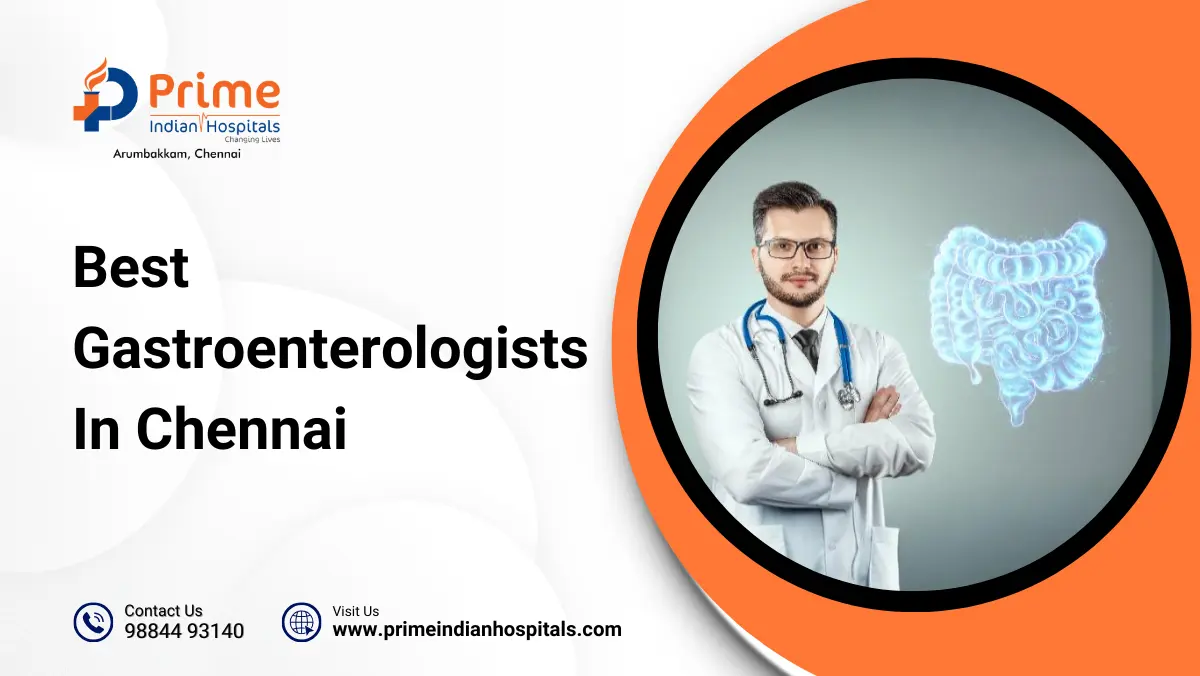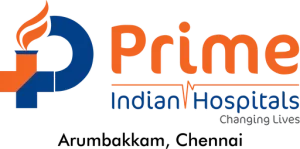Cardiology is a specialized field of medicine that focuses on the diagnosis, treatment, and prevention of heart-related diseases and conditions. Heart disease remains one of the leading causes of death worldwide, making cardiology an essential area of healthcare. Cardiologists use advanced technologies and procedures to evaluate heart function and address various cardiac issues, including coronary artery disease, heart failure, and arrhythmias. With the advancement of medical science, cardiologists now offer a variety of diagnostic tools, medications, and surgical treatments to manage and improve heart health.
The ability to detect heart problems early through procedures such as echocardiograms, stress tests, and catheterizations has significantly improved patient outcomes. For patients facing severe heart issues, complex interventions such as heart transplants and electrophysiological treatments offer the opportunity for improved quality of life. At Prime Indian Hospital, we provide comprehensive cardiac care to support the heart health of our patients. Additionally, dermatology plays an essential role in holistic care, as heart conditions and treatments can sometimes affect skin health. For example, certain heart medications can lead to skin rashes, dryness, or other dermatological issues.
Dermatologists at Prime Indian Hospital work closely with cardiologists to manage skin conditions that may arise due to cardiovascular diseases or treatments, ensuring that patients receive complete care. This integrated approach to healthcare addresses both internal and external well-being, promoting overall health and improving the quality of life. Regular dermatological check-ups are especially important for patients undergoing heart procedures, as monitoring skin health can help prevent complications and provide comprehensive support during recovery. Combining cardiology and dermatology expertise ensures that patients receive a full spectrum of care tailored to their specific needs.
What is Cardiology?
Cardiology is the medical specialty focused on the heart and blood vessels, also known as the cardiovascular system. Cardiologists diagnose and treat a wide range of heart-related conditions, including heart attacks, heart failure, congenital heart defects, arrhythmias, and high blood pressure. The role of cardiologists extends beyond treatment to prevention, aiming to reduce the risk factors associated with heart disease through lifestyle changes, medications, and regular monitoring.
- Cardiologists perform diagnostic tests such as echocardiograms, stress tests, and blood tests to assess heart function.
- They recommend personalized treatment plans based on a patient’s condition, which may include medications or lifestyle changes.
- In some cases, surgical intervention may be necessary, such as coronary artery bypass surgery or valve replacement.
Cardiology is a critical field, as cardiovascular diseases remain one of the most prevalent health issues globally. Early diagnosis and appropriate treatment are essential for preventing long-term damage and improving patient quality of life.
Cardiac Surgeries
Cardiac surgeries are performed when heart disease becomes severe and cannot be controlled through medications or lifestyle changes alone. These surgeries are designed to treat or manage heart conditions such as blocked arteries, damaged heart valves, and congenital heart defects. The complexity of these surgeries requires specialized skills and technology to ensure the best possible outcomes.
- Coronary Artery Bypass Grafting (CABG): A procedure where surgeons use healthy blood vessels from another part of the body to bypass blocked or narrowed coronary arteries, improving blood flow to the heart.
- Heart Valve Surgery: Involves repairing or replacing damaged heart valves to restore proper blood flow and prevent further complications like heart failure.
- Congenital Heart Surgery: Targets birth defects affecting the heart, such as holes in the heart or abnormal valve development, to restore normal function and improve overall health.
These surgeries play a crucial role in improving the quality of life for patients with severe heart disease, helping to reduce symptoms, enhance heart function, and increase lifespan.
Heart Transplant
A heart transplant is a life-saving procedure typically reserved for patients suffering from end-stage heart failure or those with severe coronary artery disease who no longer respond to other treatments. During this procedure, a damaged or diseased heart is replaced with a healthy donor heart.
- Eligibility: Not all patients qualify for a heart transplant. Factors such as the severity of the heart condition, age, and overall health are critical in determining eligibility.
- Procedure: The transplant procedure involves removing the patient’s diseased heart and replacing it with one from a donor. Post-surgery, patients are closely monitored to ensure that the new heart functions properly.
- Recovery: Recovery involves a prolonged hospital stay and careful monitoring for signs of rejection or infection. Patients are also prescribed immunosuppressant medications to prevent the body from rejecting the new heart.
Heart transplants have revolutionized the treatment of severe heart disease, offering patients a chance at a better quality of life when other options have failed.
Electrophysiology
Electrophysiology is a subspecialty of cardiology that focuses on diagnosing and treating electrical disturbances in the heart, commonly known as arrhythmias. These abnormal heart rhythms can be life-threatening if left untreated, but electrophysiology offers effective methods to correct them.
- Electrophysiological Study (EPS): This diagnostic procedure involves inserting catheters into the heart to map electrical signals, helping to pinpoint the source of arrhythmias.
- Catheter Ablation: A treatment used to destroy abnormal electrical pathways in the heart, often used when arrhythmias are resistant to medication.
- Implantable Devices: Pacemakers and implantable cardioverter-defibrillators (ICDs) are devices used to regulate the heart’s rhythm, preventing dangerous arrhythmias and improving overall heart function.
Advances in electrophysiology have significantly enhanced the ability to treat arrhythmias, reducing the risk of stroke, heart failure, and sudden cardiac arrest.
Treatments and Procedures
Cardiology encompasses a wide array of treatments and procedures that can help manage and even prevent heart disease. These treatments are designed to control symptoms, improve heart function, and reduce the risk of heart-related complications.
- Medications: Drugs like beta-blockers, ACE inhibitors, and statins are commonly prescribed to control blood pressure, reduce cholesterol, and prevent blood clots. These medications help manage the underlying causes of heart disease.
- Angioplasty and Stenting: A minimally invasive procedure where a balloon is inflated in a blocked artery to restore blood flow, often followed by placing a stent to keep the artery open.
- Lifestyle Modifications: Cardiologists emphasize the importance of a heart-healthy diet, regular exercise, and smoking cessation to manage risk factors like hypertension and high cholesterol.
Through a combination of medical treatment, surgical interventions, and lifestyle changes, cardiologists can help patients manage heart disease, prevent complications, and improve overall health. ardiovascular diseases.
Conclusion
Cardiology plays a vital role in diagnosing, treating, and preventing heart diseases, which continue to be a leading cause of death worldwide. Advances in cardiology have led to more effective treatments, from preventive care and medications to complex surgeries and heart transplants. Procedures such as electrophysiology have revolutionized the treatment of arrhythmias, significantly improving patient outcomes. As one of the most important medical specialties, cardiology helps patients live healthier, longer lives by addressing the root causes of heart disease and offering life-saving interventions.
At Prime Indian Hospital, we are committed to providing world-class heart care, with a dedicated team of experts and advanced technologies to ensure optimal results for every patient. Whether you’re seeking preventive care or advanced treatment, our team is here to support you every step of the way.
